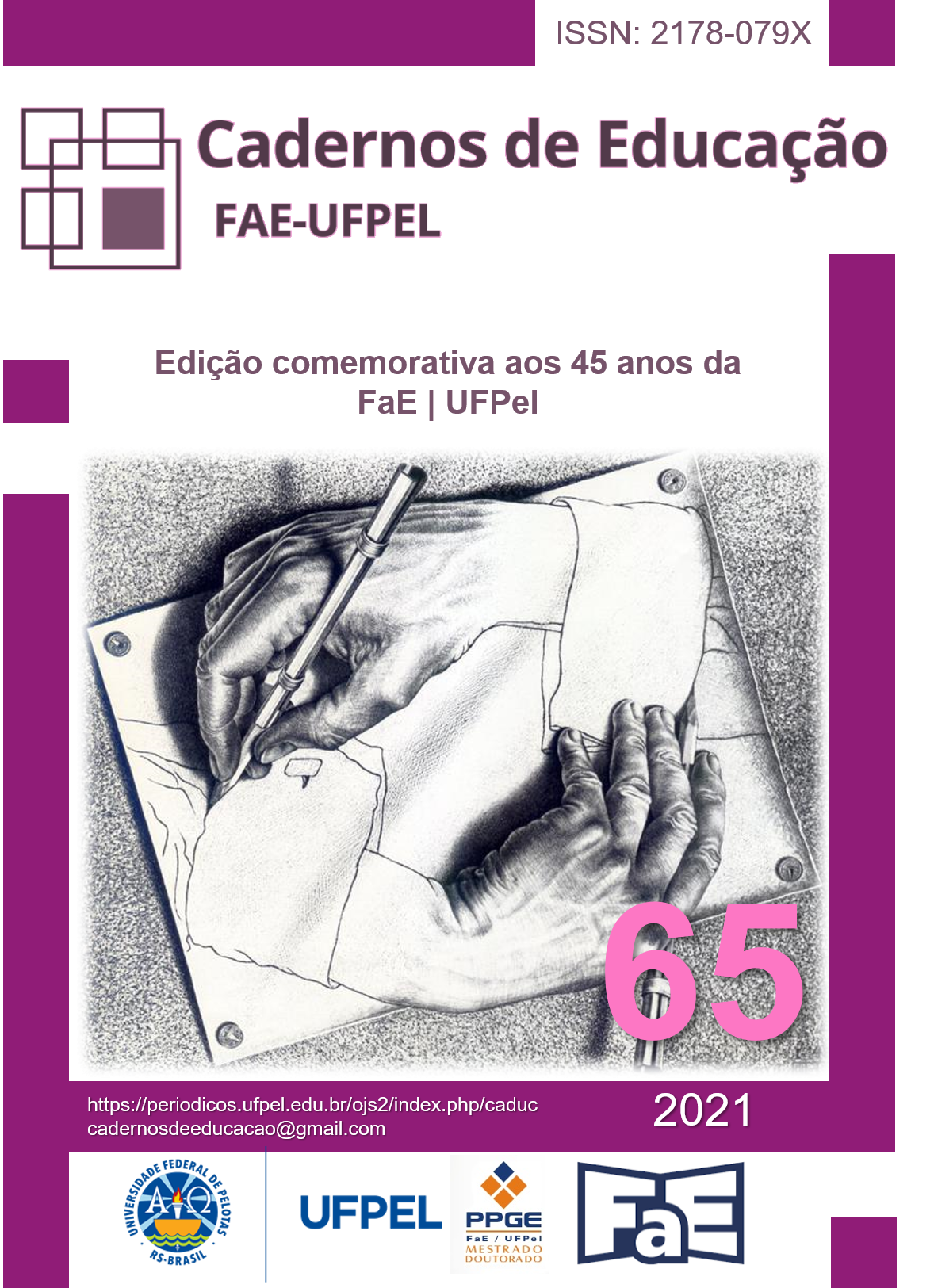COMPLEXITY, SCIENCE AND EDUCATION
theoretical-epistemological-methodological contributions to research in education
Abstract
This article aims to reflect on the relationship and assumptions that complexity presents for science, for education, as well as how it can contribute to research in education. From this perspective, scientific research composed of the gnosiology, epistemology and ontology triad relationship needs to be rethought interrelationally, that is, the conception of the subject-object relationship, as well as the theory that underlies research and the conception of scientific knowledge, can not be understood as closed way, but implicated and integral to each other. Research in education founded on dialogue with the theory of complexity, is based on the construction of knowledge, transdisciplinarity, denying the disciplinary and disjunctive character of knowledge, visibly represented in the structure of educational spaces, in curricula, in ways of learning and teaching. Thus, the use of dialogic, recursive organizational and holographic principles is essential as principles to be incorporated into research in education, so that through the perspective of complexity, supported by a thought that is able to distinguish without disjunging, it can understand educational phenomena, investigating them in their entirety.


